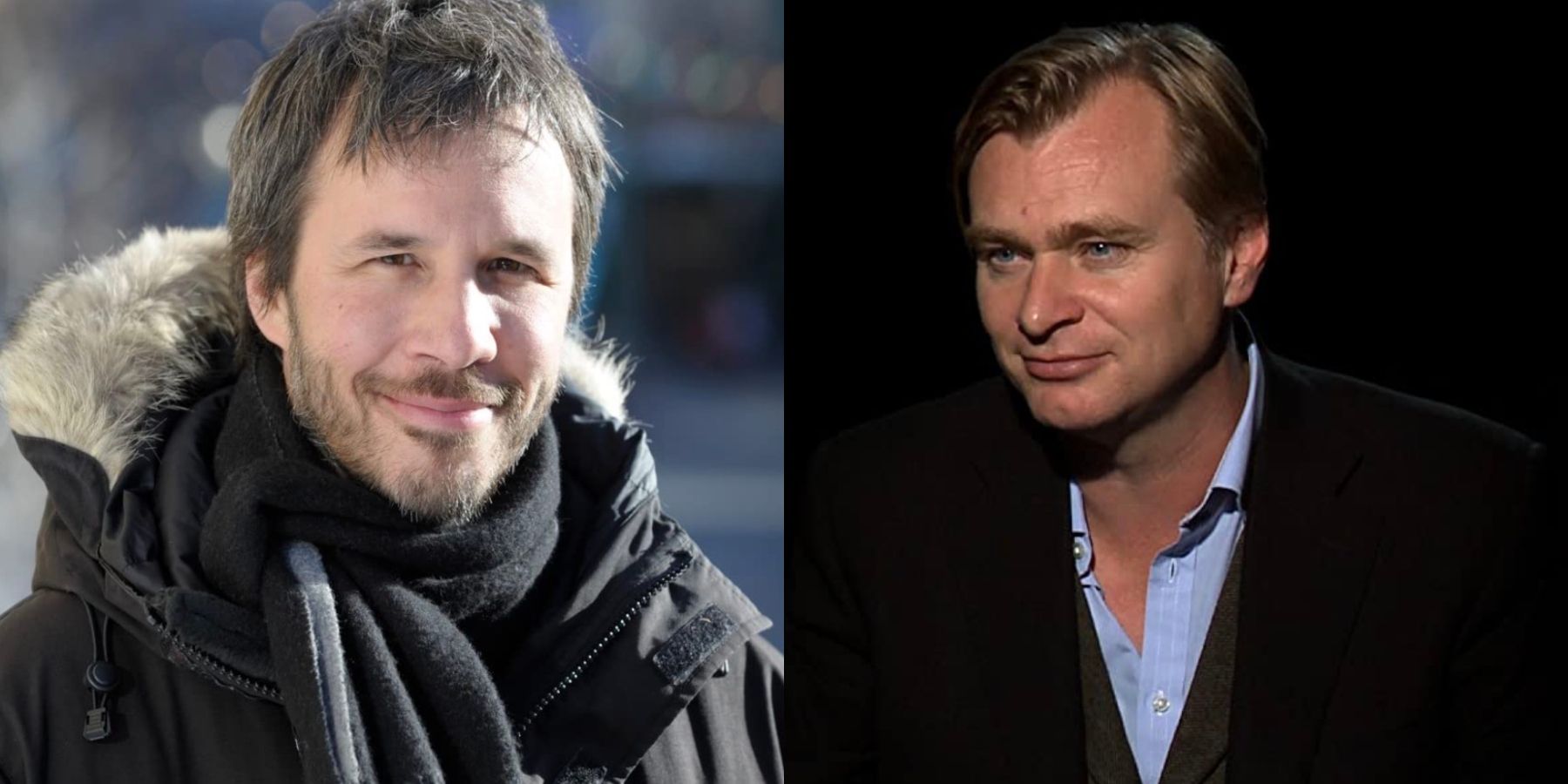
Every year, moviegoers are provided countless stories to indulge in. Whether it's small-budget, indie projects from filmmakers like Ari Aster (Hereditary, Midsommar) and Barry Jenkins (Moonlight) or large-scale blockbusters directed by the Russo Brothers and J.J. Abrams, there's no doubt audiences can become wrapped up in a different world and be taken on an exciting journey for a couple of hours. A top filmmaker that has delivered numerous original stories and that has garnered much acclaim over the years is Christopher Nolan. Films like The Dark Knight and Interstellar prove that he has been the master of blockbuster filmmaking for many years, but a new face in Hollywood has given him quite the challenge to keep that top spot: Denis Villeneuve.
The French Canadian director has emerged as a promising storyteller in the industry that has caught the eyes of plenty. Starting out in the late '90s making indie foreign films to establishing himself as a prominent figure in the blockbuster sci-fi genre, Villeneuve has shown no signs of slowing down. His films (even the otherworldly ones) tend to push for more grounded, realistic settings that build on themes involving human trauma or morality. He explores the nuances in intense or familiar situations so beautifully, making fans become emotionally attachted to any scene that plays out. As his filmography continues to demonstrate his skills in creating immersive stories that rely heavily on real sets and practical effects, fans can't help but compare his artistic style to Nolan himself.
RELATED: Deciding What To Watch October 22 2021: Dune or The French Dispatch?
The two directors not only share similar ideas in their works, have made successful sequels that many consider are stronger than the originals, and have shifted from the indie scene to the large scopes of blockbusters, but they also favor that old-school, large-format photographic style of moviemaking that prefers film over digital and demands to be seen on the big screen. With the highly anticipated Dune reaching theatres this upcoming fall, Villeneuve seems to have followed Nolan's footsteps in terms of making visually striking, emotionally captivating films that could potentially place him as the frontrunner of blockbuster filmmaking.
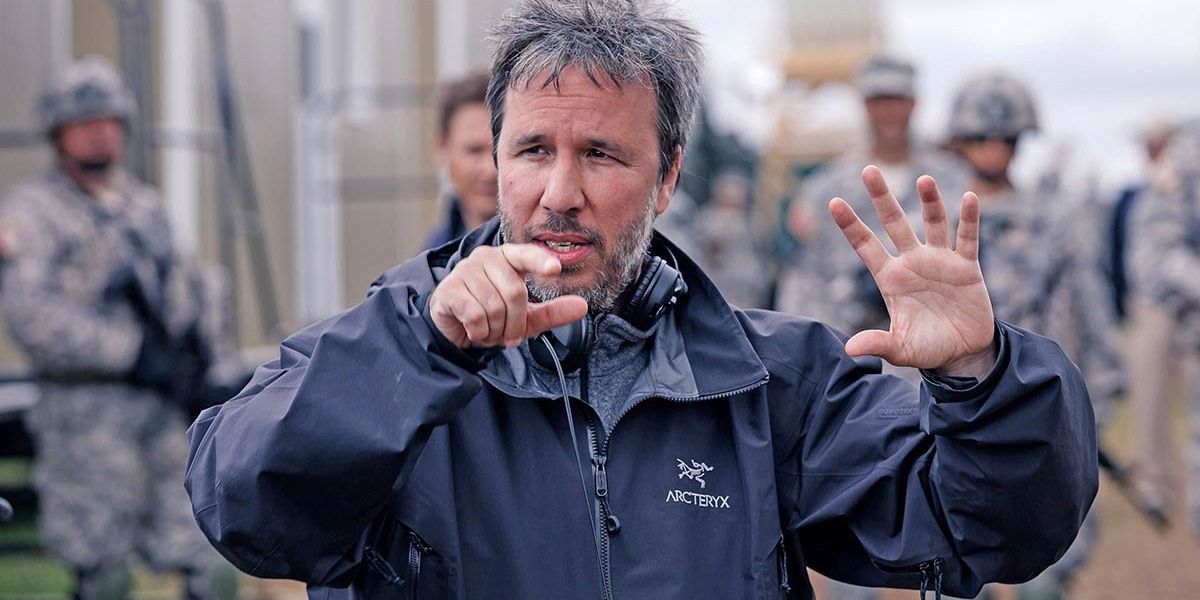
After almost a decade-long span of directing foreign films (many still receive tons of praise, especially Incendies), Villeneuve rose to fame with his first English language film just this past decade. 2013's thriller Prisoners starring the incredible Hugh Jackman and the underrated Jake Gyllenhaal earned Villeneuve his 2nd Oscar nomination and proved that he was a director for everyone to look out for. His next big films, Sicario, Arrival, and Blade Runner: 2049 all garnered much critical acclaim, earning a total of 16 Oscar nominations and placing Villeneuve high up on film lovers' top directors lists.
Other than those 3 films receiving exceptional rankings from many critics (91% avg. on rotten tomatoes), and the fact that they were made in back-to-back-to-back years is a testament to Villeneuve's consistency when it comes to tackling different genres. Amidst the time constraints of his projects (especially those 3 films) and still being able to shift between distinct settings and characters to produce something worthwhile proves his devotion to the craft. Bouncing from the subtle Enemy and Prisoners (psychological thrillers) to the gritty Sicario (crime) to the expansive Arrival and Blade Runner: 2049 (Sci-fi), Villeneuve takes the risk of exploring different genres that not a lot of directors do and has it pay off.
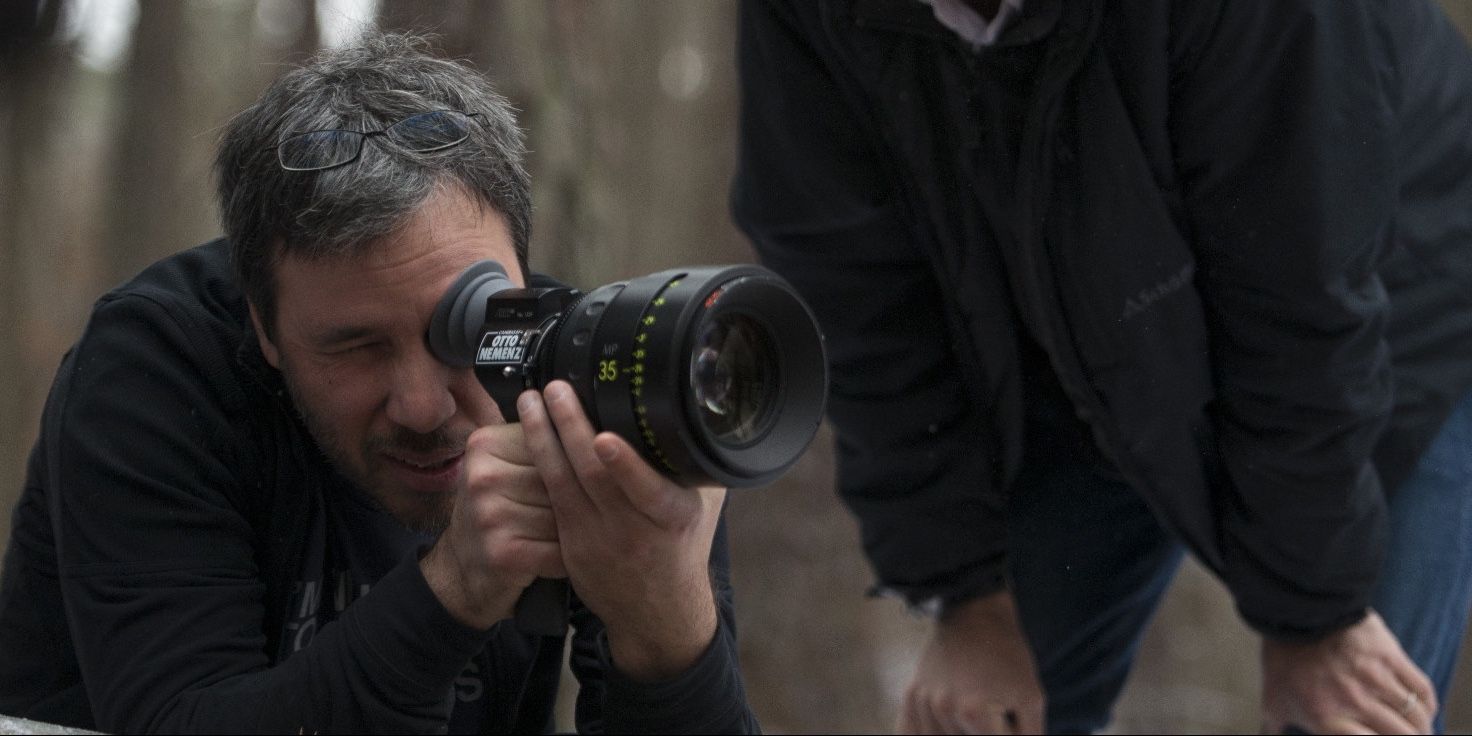
After watching Blade Runner: 2049, every single frame could be a screen saver. That's how much time Villeneuve devotes to crafting unique imagery that is able to captivate audiences and draw them further into whatever universe he is building. He relies less on heavy exposition that over explains everything and more on visuals to guide audiences' attention throughout every scene.
In Prisoners, Villeneuve collaborates with one of the top cinematographers in Roger Deakins to capture dark, earthy, atmospheric shots that slowly pan in and out to create a sense of dread. Villeneuve knows to let the camera focus on its subjects and not cut away. What makes Prisoners so fascinating is that it all feels very real. It never reaches for that over-the-top moment that bombards the frame with large shootouts or ongoing car chases. He lets the audience soak in the trauma of one family in order to feel what they're feeling.
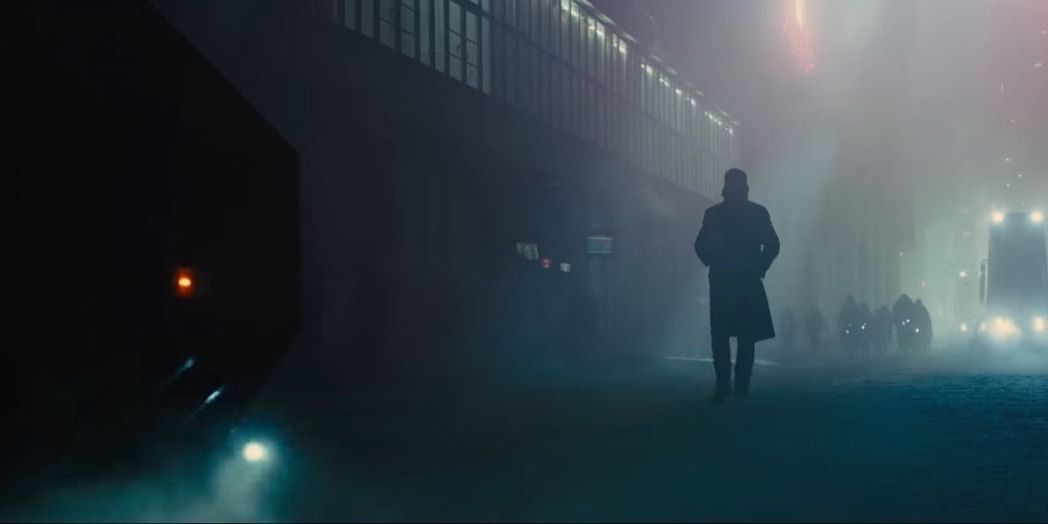
Going back to Blade Runner: 2049, which was also shot by Roger Deakins (won his first Oscar), the vibrant colors, saturation, and dark lighting accentuate the dystopian future and bring out the tension that is looming in every scene. The first few sots of the film are aerial shots that soar above the rainy landscape and give us a glimpse into the city we are entering. The film is still considered one of the most gorgeously shot films to date. There's no doubt that when Dune is released, fans will gush over the immaculate visuals the same way they do for Villeneuve's other films.
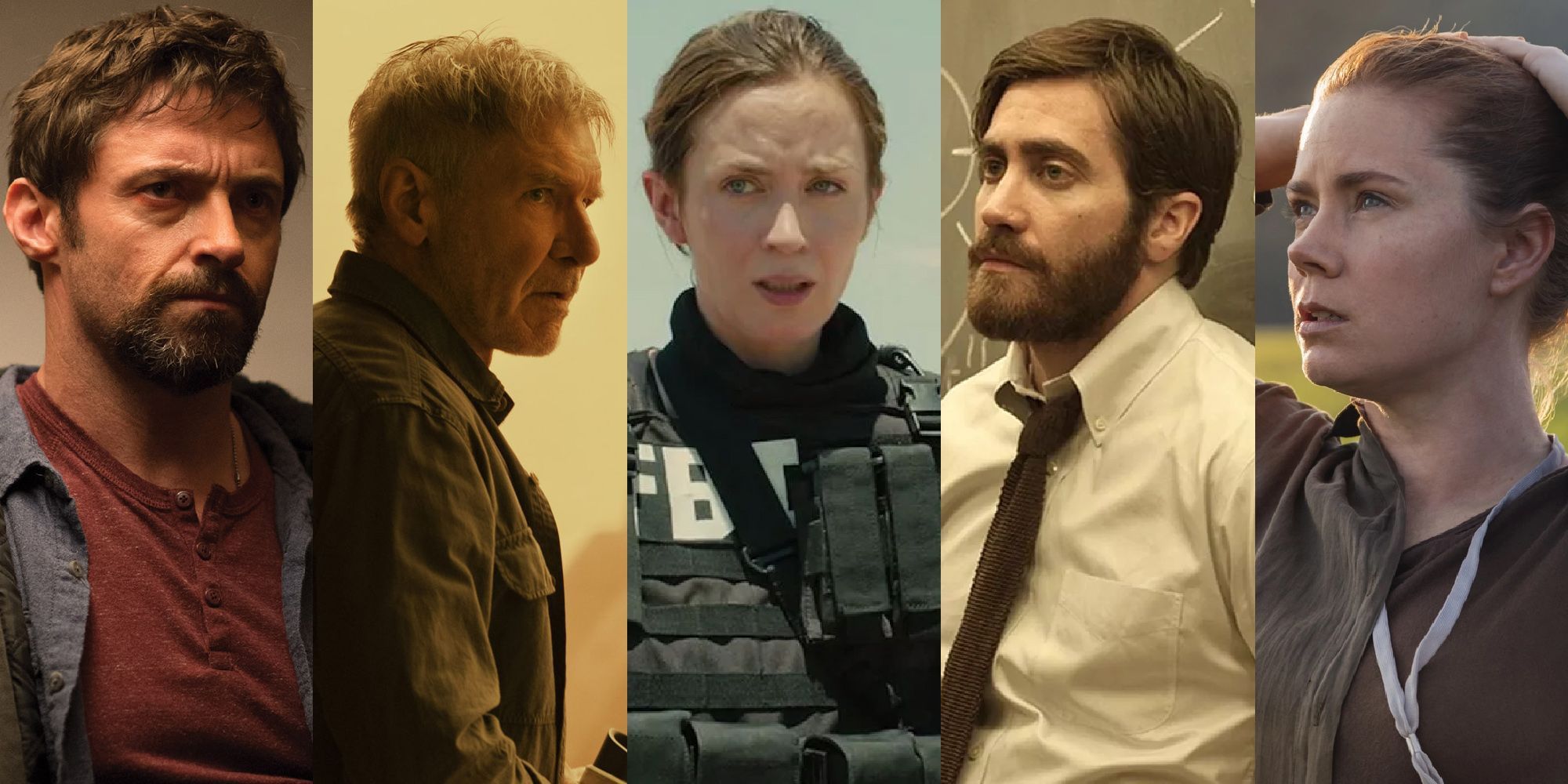
Villeneuve places his characters in situations where they face moral dilemmas, resulting in raw and emotionally driven performances that force audiences to become invested. He understands resonating characters are the heart of any story. From Jackman's raging performance as a desperate father willing to push the boundaries in order to find his kidnapped daughter to Ryan Gosling's stoic portrayal of a replicant uncovering a dark secret, both performances are vastly different yet make us emotionally attached to their respective characters.
Villeneuve brings out the best in the actors and sets them up in roles that many are not accustomed to seeing them in (Jackman in comic book films and Gosling in rom coms). He also strives to set up compelling female lead characters with a more progressive take. Whether it's Amy Adams in Arrival or Emily Blunt in Sicario, they both hold their own ground in a male-dominated industry that continues to seek greater inclusiveness.
Being a bigger Villeneuve fan or Nolan fan doesn't make a difference. Both filmmakers are still creating thought-provoking films that give many moviegoers reasons to be proud cinema fans. In a time where streaming services seem to be the new norm, the two still carry a high demand for a theatre experience, because as many know, their films are not meant for laptop screens.
MORE: Michael Bay's Armageddon Perfected The Big, Dumb Summer Blockbuster

